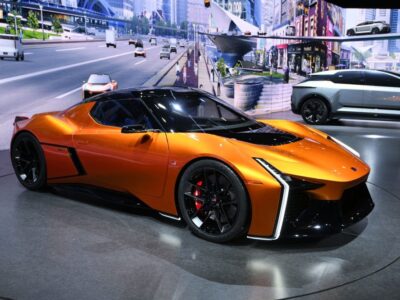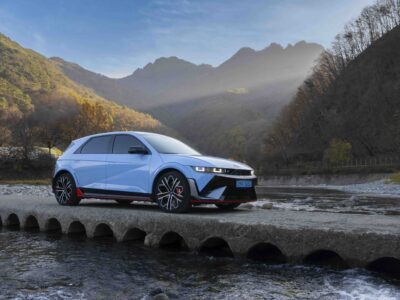Fresh off the newfound publicity that came from Netflix’s popular Drive to Survive docuseries, Formula 1 has emerged in the minds of many Americans for the first time as the world’s most prestigious racing competition. Recent rumblings of negotiations over the league’s future rule changes point to a sport that intends to be on the right side of history in terms of sustainability. With the recent influx of fans who had previously known nothing about the circuit, many are wondering how a league predicated on burning fuel for entertainment’s sake can even take steps to curb their emissions output.
Fortunately, many of the important figures in Formula 1, including the major automotive manufacturers behind teams like Mercedes and McLaren, have expressed a great deal of interest in the future of electric and sustainable fuels in their own commercial vehicles. For example, Mercedes parent company Daimler has announced commitments to making all cars under their umbrella carbon neutral within the next 20 years as part of The Climate Pledge, an agreement with 110 companies worldwide ranging from Amazon to toothpaste manufacturer Colgate-Palmolive. Comparatively, McLaren Racing was the first Formula 1 team to be certified as carbon neutral a decade ago.
This sustainability interest is bound to extend further to Formula 1 cars – in fact, it already has, given the 2014 decision to require competing engines to be hybrids for the first time. While we don’t know all the details of the coming rule changes, which will govern the league from 2025 to 2035, among the most prominent items in discussion is how much more significant the electric component of the engines will be than their previous generation.
As Team Principal for the dominant Mercedes-Benz Formula 1 team, Toto Wolff has offered a bit of insight into the status of engine regulation talks between the teams and the league governing body known as the Federation Internationale de l’Automobile, or FIA. At the FIA conference in Monaco earlier this month, Wolff noted the consensus throughout the league that a return to the loud combustion engines of old would not be happening. Instead, there was going to be a “massively increased” electric component, even more than in the current hybrid engines. “We can’t be old petrol heads with screaming engines when everybody expects us to be going electric,” said Wolff, who also pointed out that the remaining combustion aspect would run fully on sustainable fuels like biofuels and other synthetic sources. He also touched on the fact that Formula 1 at its core was all about finding novel, hi-tech ways to make your car better than the rest of the field, and that there’s no reason this competitive spirit shouldn’t extend to finding ways to race sustainably. “Innovation is part of our DNA,” he said, indicating that there will also be higher expectations from the growing younger generations of fans to eventually divorce the league from fuels entirely.
Where Formula 1’s sustainability push has been a balancing act between the worldwide environmentalist trend and the fans of the screaming combustible V8 engines of the past, the sister Formula E circuit has emerged as a fully electric alternative. First introduced in 2014, the same year of the hybrid Formula 1 engine, Formula E is already on the verge of ushering in its third generation of cars in 2022, with raised maximum battery capacity thresholds that should bring the vehicles closer to their hybrid counterparts in terms of top speed. That, combined with rule changes allowing flash-charging technology that will bring about pit stops, looks to address the main criticism from racing purists that the league lacked the varied strategies and high speeds that make Formula 1 so entertaining. Beyond the league’s importance as the face of clean racing, much can be said about the potential for engineering innovations to bleed into consumer electric cars as well, according to DS TECHEETA team principal Mark Preston. “It will guide the whole thing.”





